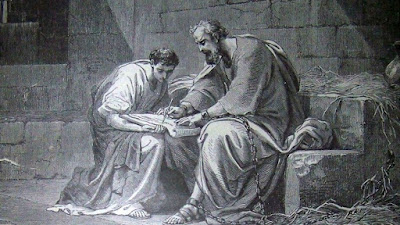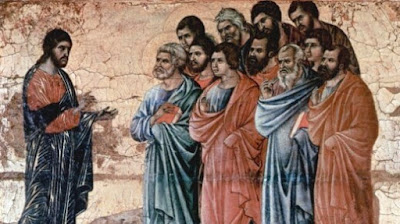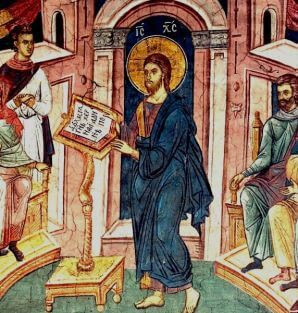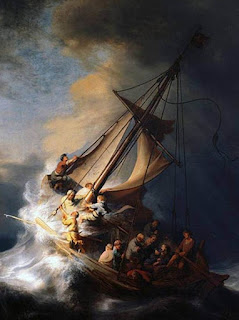Reflection for the 25th Sunday in Ordinary Time, Year B
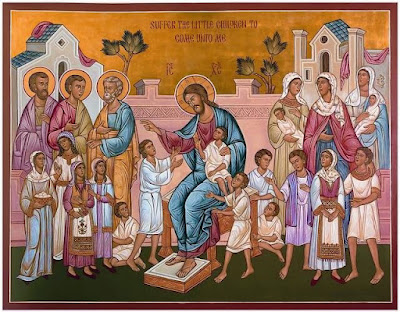
Fr. Charles Irvin Wisdom 2:12, 17-20; James 3:16-4:3; Mark 9:30-37 After we were born our parents found days and months of sheer delight as they cuddled us, held us, played with us, and watched us become little persons. Each boasted of the characteristics they saw in us that they were sure came from their own genes. In generous moments they gave attribution to the other parent or the other parent’s family. It was not long, however, that our parents had to begin dealing with something within us that I can only describe as “The Imperial Self.” We all had one, you know – and still do! And what is amazing is how soon that Imperial Self asserts itself after we’ve been given life. The darling, lovable baby soon strives to become self-willed and demanding. In that emergence the words “I,” “me,” and “mine” become no longer descriptive, they become imperious. Our parents soon became more willing to break the wills of those little wild horses by trying to put bit and bridle on their willful



